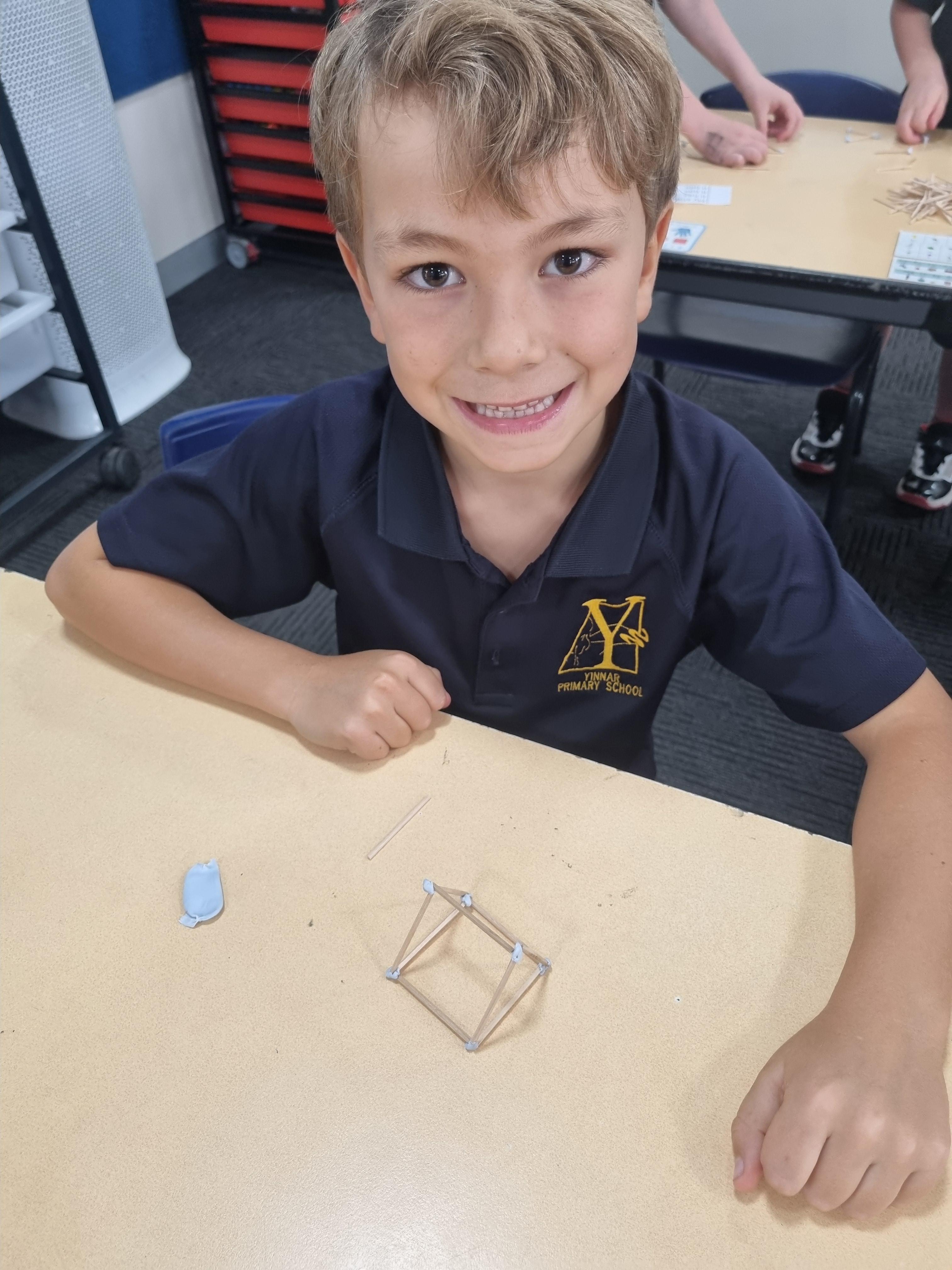Numeracy
Numeracy comprises the knowledge, skills, behaviours and dispositions that students need in order to use mathematics effectively in a wide range of situations. It involves recognising and understanding the role of mathematics in the world and having the dispositions and capacities to use mathematical knowledge purposefully.
.jpg)
.jpg)

At Yinnar Primary School, we consistently use Explicit Direct Instruction when teaching Mathematics. Research demonstrates that direct, explicit instruction is the most effective and efficient method when teaching new content and skills. We believe that consistence, structure and routines play a significant role in us continually striving to improve numeracy outcomes for all learners. We ensure that students have a clear understanding of why they are learning something, how it connects to what they already know, what is expected of them and how to do it.
Manipulatives
Classrooms are well equipped with maths trolleys containing a range of manipulatives to support learning in all areas of the mathematics curriculum. Manipulatives can serve as models that support students as they think about, represent and communicate the maths being studied. Manipulatives can support student engagement and differentiation and can give student’s ownership of their own learning.


Maths Proficiency
At Yinnar Primary School our overarching goal is to help our students become proficient mathematicians. The Science of Math Rope is a visual representation of how Concepts, Procedures, Strategies, Reasoning and Dispositions are interwoven and interdependent in the development of proficiency in mathematics.


© Yinnar Primary School
